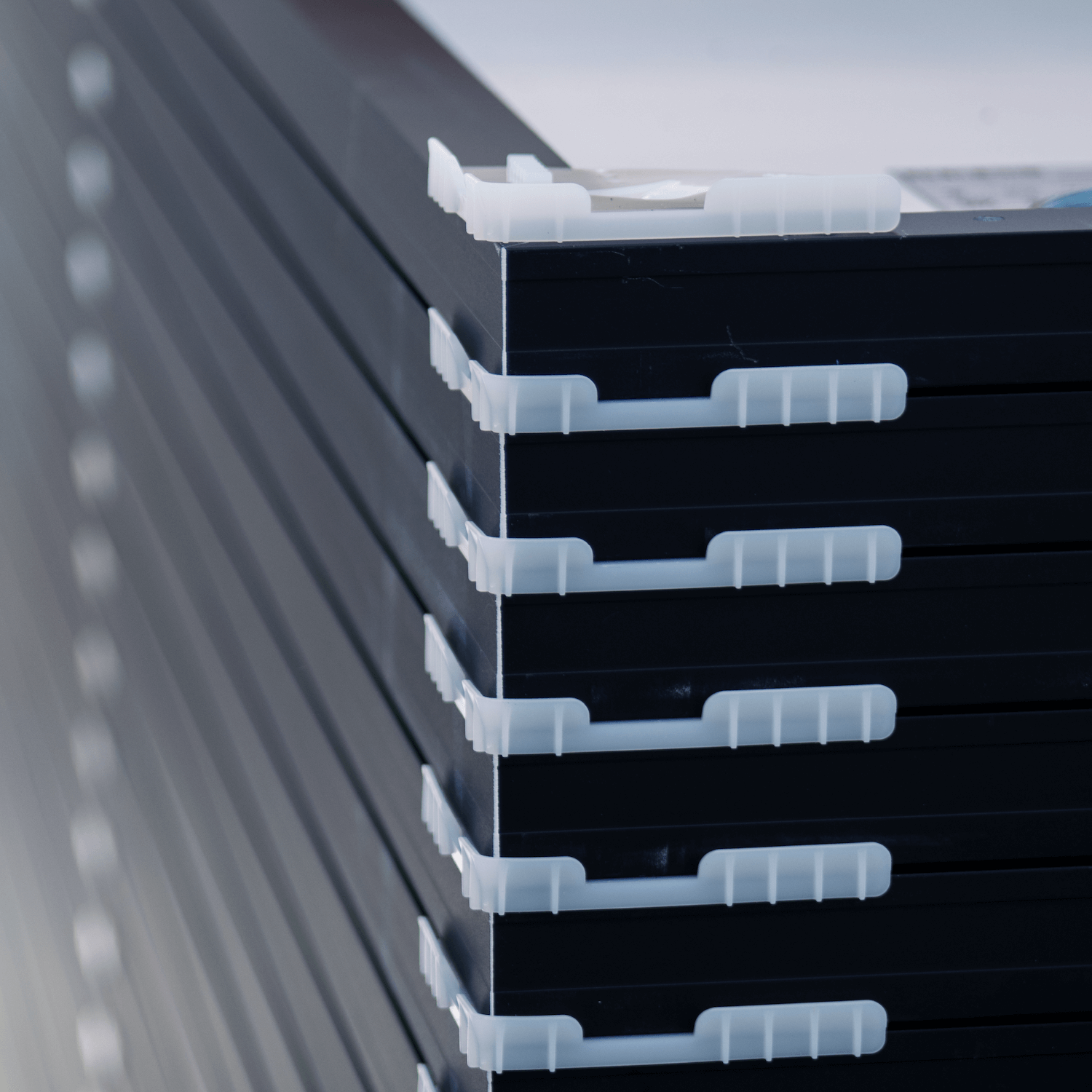
The more efficient a solar cell is, the more electricity it will produce. This means high-efficiency solar panels deliver more power, all while requiring less roof space. It’s a win-win.
Here, we will address solar power generation, focusing on the important aspects of efficiency and performance as well as how it can impact your solar panel system. By learning how to increase efficiency, you will understand how an efficient setup can translate to savings and long-term performance.
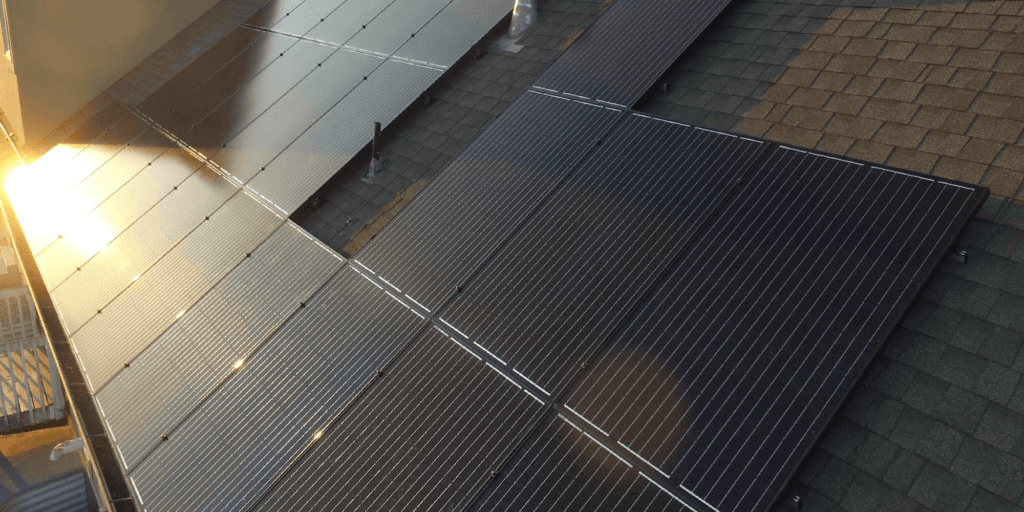
What is Solar Panel Efficiency?
Solar panel efficiency is the percentage of sunlight a solar panel can convert into electricity. Essentially, it measures how well a solar panel can capture sunlight and generate power. Solar panels are rated based on their efficiency rates, and typically range from 15% to 22.8%, for most residential options.
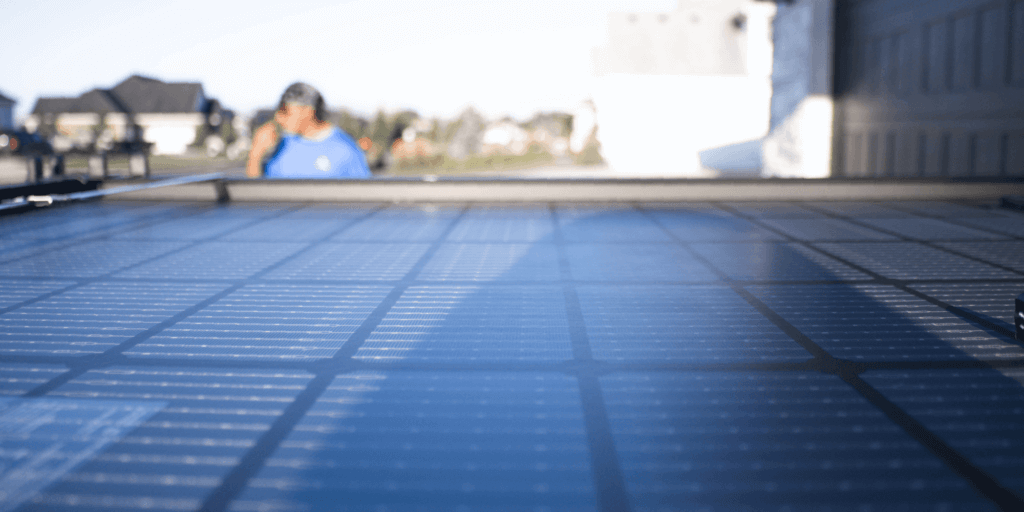
How Efficient are Solar Panels Today?
Research and development have allowed solar panel efficiency to advance. While the ideal limit for silicon-based solar cells is around 29%, scientists are exploring new materials and technologies that could help increase solar panel efficiencies. For example, perovskite materials and multi-junction solar cells range between 30-40% efficiency in a laboratory with controlled settings.
Now that solar panel efficiency has been reviewed, let’s discuss the current efficiency statistics. As of 2024, solar panels available for rooftop solar installations have efficiency rates between 15-22%. They are also assigned into a few categories: high efficiency, mid-range efficiency, and lower efficiency. Here are the differences between each:
High Efficiency Solar Panels (22% and above): Top-tier solar panels with high efficiency rates offer the best conversion of sunlight into electricity. They are ideal to install on homes where maximizing power generation from limited roof space is needed. These solar panels also typically come with a higher price tag.
Mid-Range Efficiency Solar Panels (19-21.5%): Solar panels in this range of efficiency are usually popular amongst consumers because they offer a balance between efficiency and affordability.
Lower-Efficiency Solar Panels (15-18%): While less efficient, overall, these solar panels can still be a cost-effective option, particularly for large rooftops or areas with consistently high peak sunlight hours. The lower upfront investment can be beneficial, but remember, you will need more roof space to generate the same amount of electricity compared to higher efficiency solar panel options.
To calculate the best solar panel efficiency for your home, reach out to our solar experts, who will guide you through the rooftop solar panel installation process and evaluate your budget, roof size, sunlight exposure, amongst other criteria.
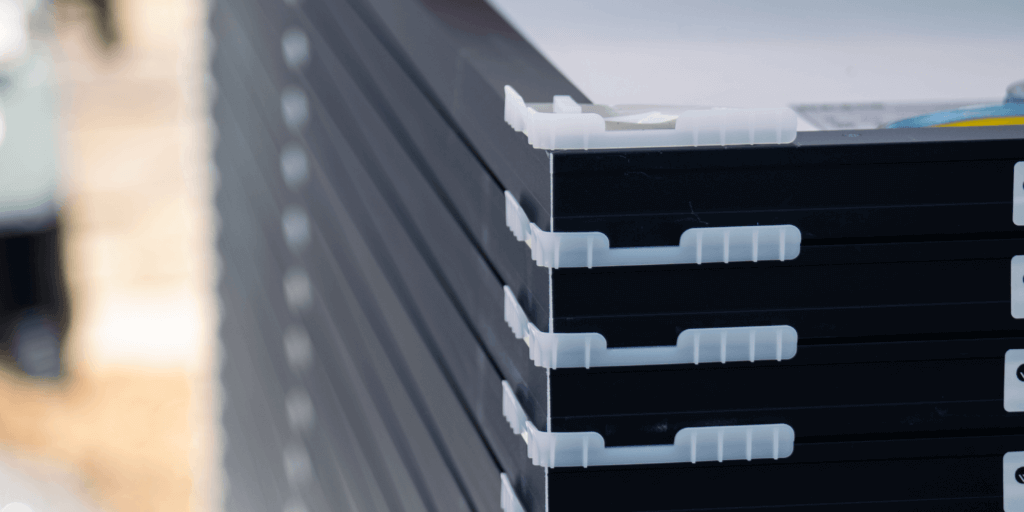
Eight Factors Affecting Solar Panel Efficiency and Overall Performance
Not all residential solar panels are created equal, although they all convert sunlight into power. Here are some of the most common factors influencing how efficient a solar panel can be:
Solar Panel Design and Layout
The physical layout of the solar panel system on your roof plays a role in overall efficiency. Equipment and how it is installed including the number of busbars (the metal strips which collect the electrical current) can influence how much sunlight reaches the active area of the solar panel, which could decrease electrical resistance and increase voltage.
Solar Panel Angle and Orientation
The angle of your solar panels and how they are tilted impacts how much sunlight they can capture and convert into usable electricity. At Blue Raven Solar, our solar experts will consider your roof pitch to determine the optimal layout of your rooftop system.
Materials and Manufacturing
The type of material used in the solar cells and the manufacturing process of the solar panel construction can also impact its effectiveness at converting sunlight into electricity. Monocrystalline silicon panels are typically the most efficient and recommended, followed by polycrystalline silicon, and thin-film solar panels.
Temperature
Solar panels are surprisingly sensitive to heat and fluctuating temperatures. As the temperature rises, the efficiency of a solar panel often decreases. This is because heat causes the internal resistance of the solar panel to increase, hindering the natural flow of electricity.
Shading
Minor shading on a solar panel can reduce the power output because the solar cells become blocked. During the system design phase of the solar process, shading from trees, surrounding buildings, or chimneys are taken into consideration and assessed to identify optimal panel placement.
System Quality
A well-designed photovoltaic system considers the type of solar panel installed, the size of the system, inverter efficiency, wiring quality, and system monitoring capabilities. Blue Raven Solar uses high-quality equipment and components to minimize energy losses and improve optimal performance. Blue Raven Solar customers, once their system is installed and energized, will have access to the Enphase monitoring app which allows you to track your system’s energy production in real-time and identify any potential performance issues.
Solar Panel Maintenance and Cleaning
Rooftop solar panels benefit from regular and routine maintenance, as do any machines. Dirt, debris, and build-up are common but can reduce overall energy efficiency. Cleaning your rooftop solar panels is straightforward, and you can conduct it yourself by following this easy guide.
Other Environmental Concerns
While less common, other environmental factors like extreme weather conditions (heavy snowfall and hail) can block sunlight and damage solar panel surfaces. However, most residential solar panels are designed and reinforced to withstand these elements.
By considering these factors amongst others, you can ensure your rooftop solar system will optimally perform, leading to more savings over time.
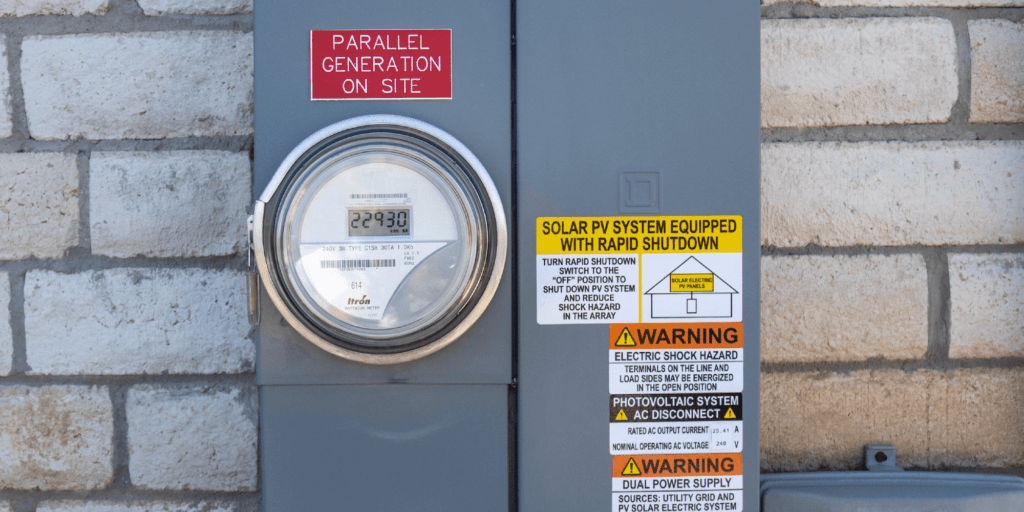
Maintain Your Solar Panel Efficiency
Maintaining solar panel efficiency is quite simple. The following are some key strategies to help keep your solar panels running efficiently:
- Regularly clearing your solar panels of buildup can help improve performance and efficiency. This build-up acts like a film and reduces sunlight reaching the solar cells; therefore, negatively impacting power generation. A general recommendation is to clean your panels twice a year.
- Keep the area around your panels clear. Overgrown trees or plants and chimneys can cast shadows on your solar panels, significantly reducing the amount of sunlight and influencing efficiency.
- By committing to regular system monitoring, you can help identify any potential problems. Take note of any visible issues, and work with your solar panel installer so you can improve your solar panel performance throughout its lifespan.
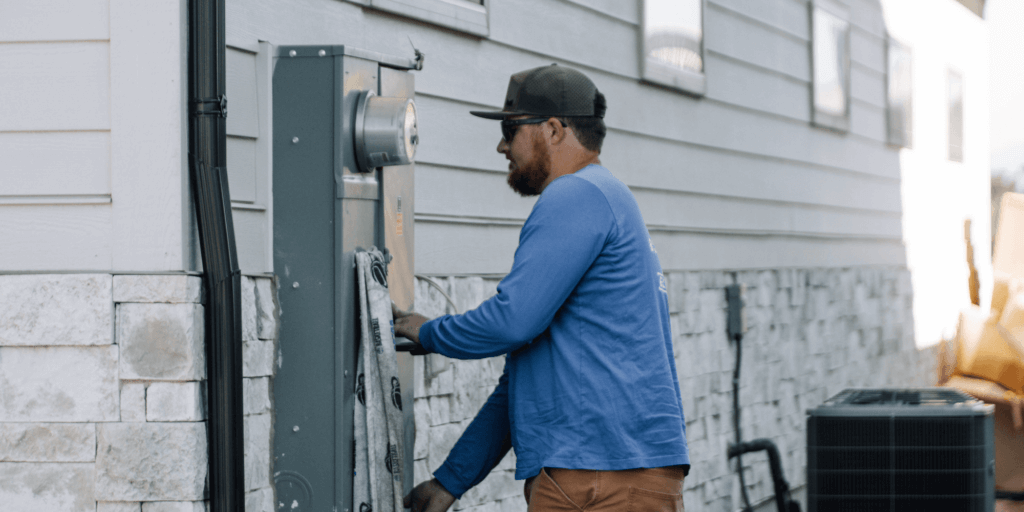
Increase Your Solar Panel Efficiency with Blue Raven Solar
Whether you have already partnered with us, or are considering going solar, we can accommodate your needs. For homeowners who have already partnered with us, we remain committed to high-quality, efficient solar solutions. By staying updated on your solar system’s performance and contacting us if issues persist or seem out of the ordinary, we help you generate clean, renewable energy.
The sun’s energy is limitless, and with the right approach, you can harness some of its power. By maximizing solar panel efficiency, you can ensure your solar system is performing day over day, month over month, and year over year. Make Blue Raven Solar your installation partner and contact us, today!



Sorry, the comment form is closed at this time.